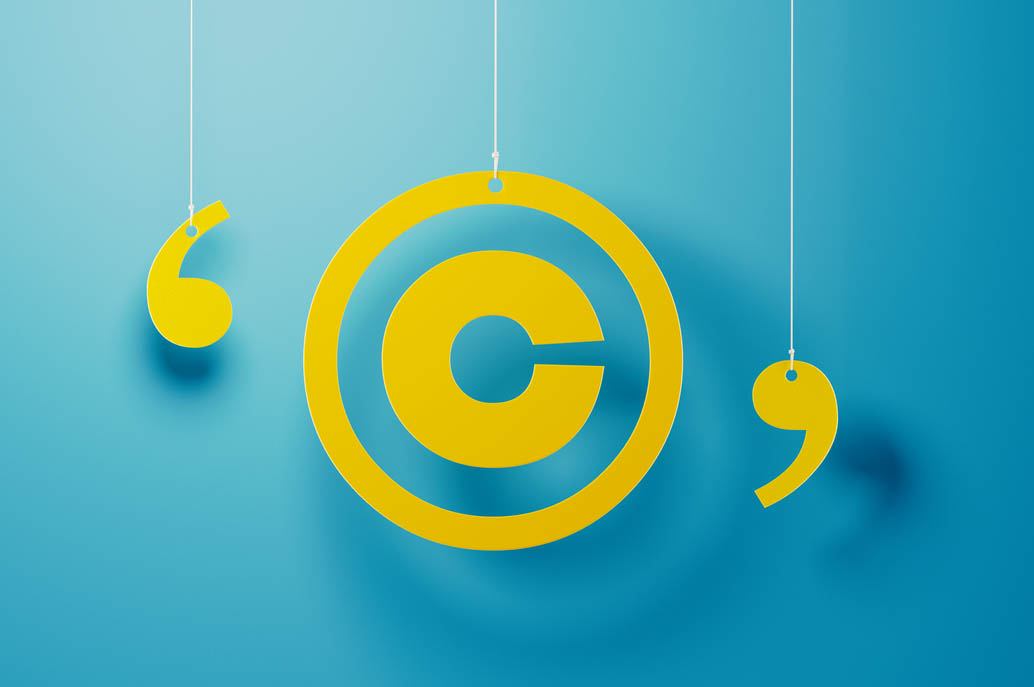Send us a link
AAAS Plan S Compliance Policy: Staying Committed to Subscriptions
AAAS continues its commitment to the subscription model to praise from cOAlition S. Are there lessons for other publishers?
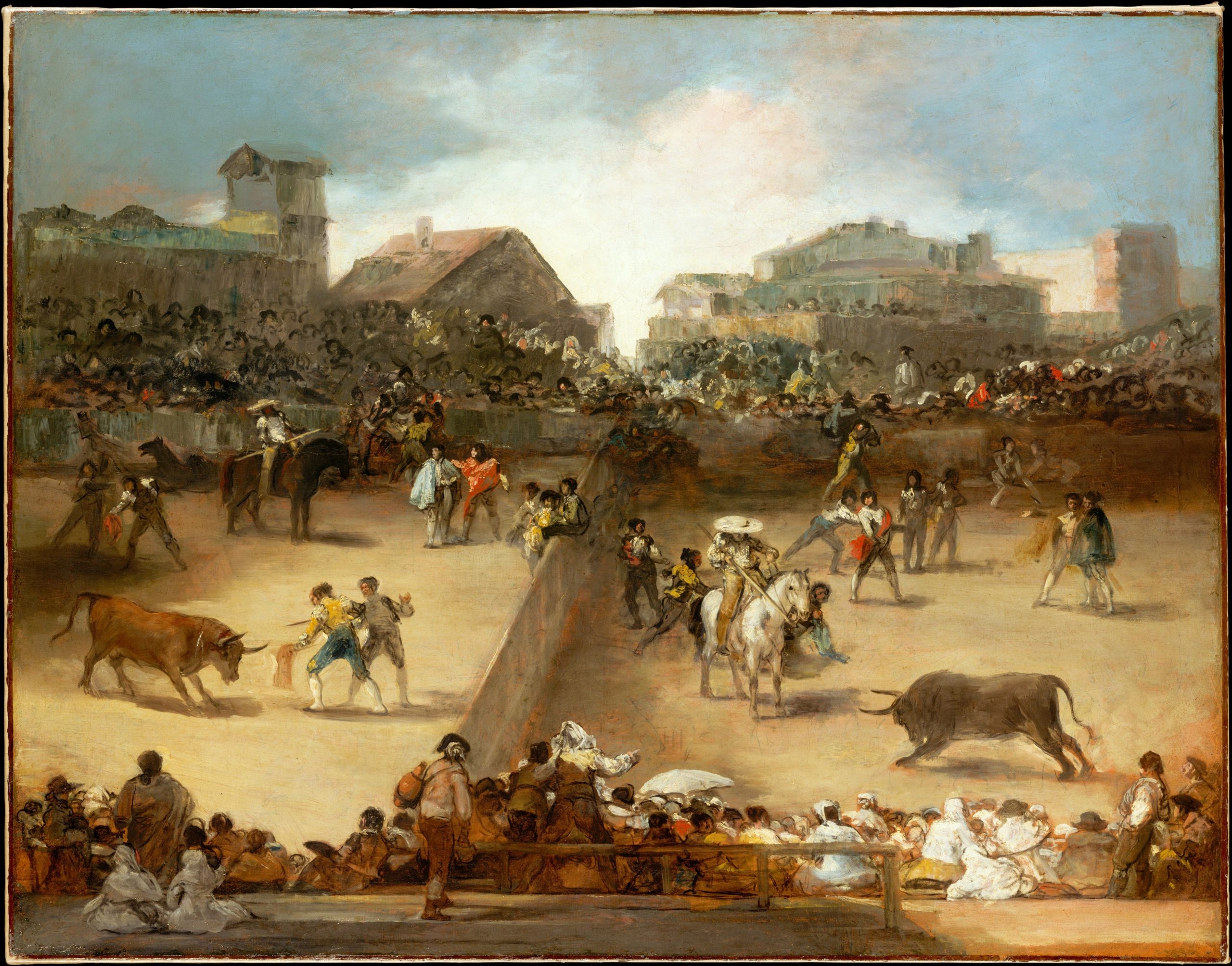
Open and Faster Scholarly Communication in a Post-COVID World - The Scholarly Kitchen
Open and Faster Scholarly Communication in a Post-COVID World - The Scholarly Kitchen
Liz Bal from Jisc discusses the scholarly publishing lessons learned from COVID-19, and how they can be applied to make research communication more efficient and effective.

Trust in Science: Views from Three Experts
Today's guest post is a recap of the recent SSP webinar, Ask the Experts: Trust in Science, with Tracey Brown (Sense About Science), Richard Sever (Cold Spring Harbor Laboratory Press), and Eefke Smith (STM) by the moderator, Anita de Waard (Elsevier).

Space and Grace in Open Access Publishing
We should strive for open but also be realistic about the options truly available to researchers and discuss them transparently and honestly, argues Dustin Fife.

Global Trends in Open Access: Themes from Africa, Asia and Latin America
A recent Scholarly Kitchen webinar on global open access shared perspectives from Latin America, Asia and Africa.

Revisiting: Challenges for Academics in the "Global South"
Revisiting a 2018 post discussing that for social science and humanities researchers in many parts of the world there are significant barriers to conducting and sharing research, in some cases more so than for science and medicine. In this revisited guest post, Dr. Naveen Minai provides a perspective as a gender studies researcher in Pakistan.

New Open Access Business Models - What's Needed to Make Them Work?
A look at a session from last week's CHORUS Forum that discussed new open access business models -- what does it take to make them work?

Building the Last Mile: A Plan for Bringing the Expanding Universe of Digital Primary Sources into Classrooms
Building the Last Mile: A Plan for Bringing the Expanding Universe of Digital Primary Sources into Classrooms
Getting digitized primary source materials into the classroom requires an open dialogue among researchers, teachers, and archivists. A workshop from historians of business shows how.
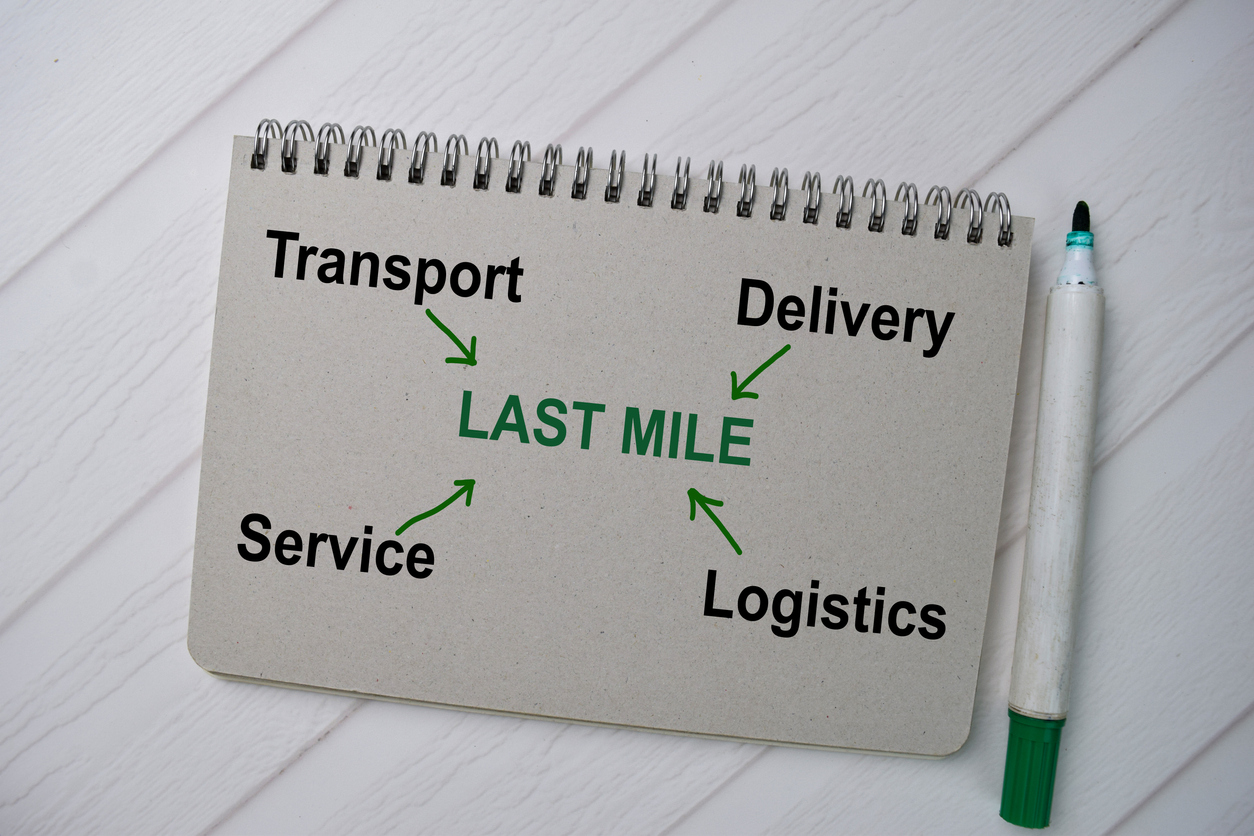
Feasibility, Sustainability, and the Subscribe-to-Open Model
Like all OA funding models, subscribe-to-open solves some problems while creating others. Some of the downsides are pretty fundamental.

Publishers Care About the Version of Record, Do Researchers?
Study of researchers indicates that a preprint or accepted manuscript can substitute for the version of record in some use cases but not all.
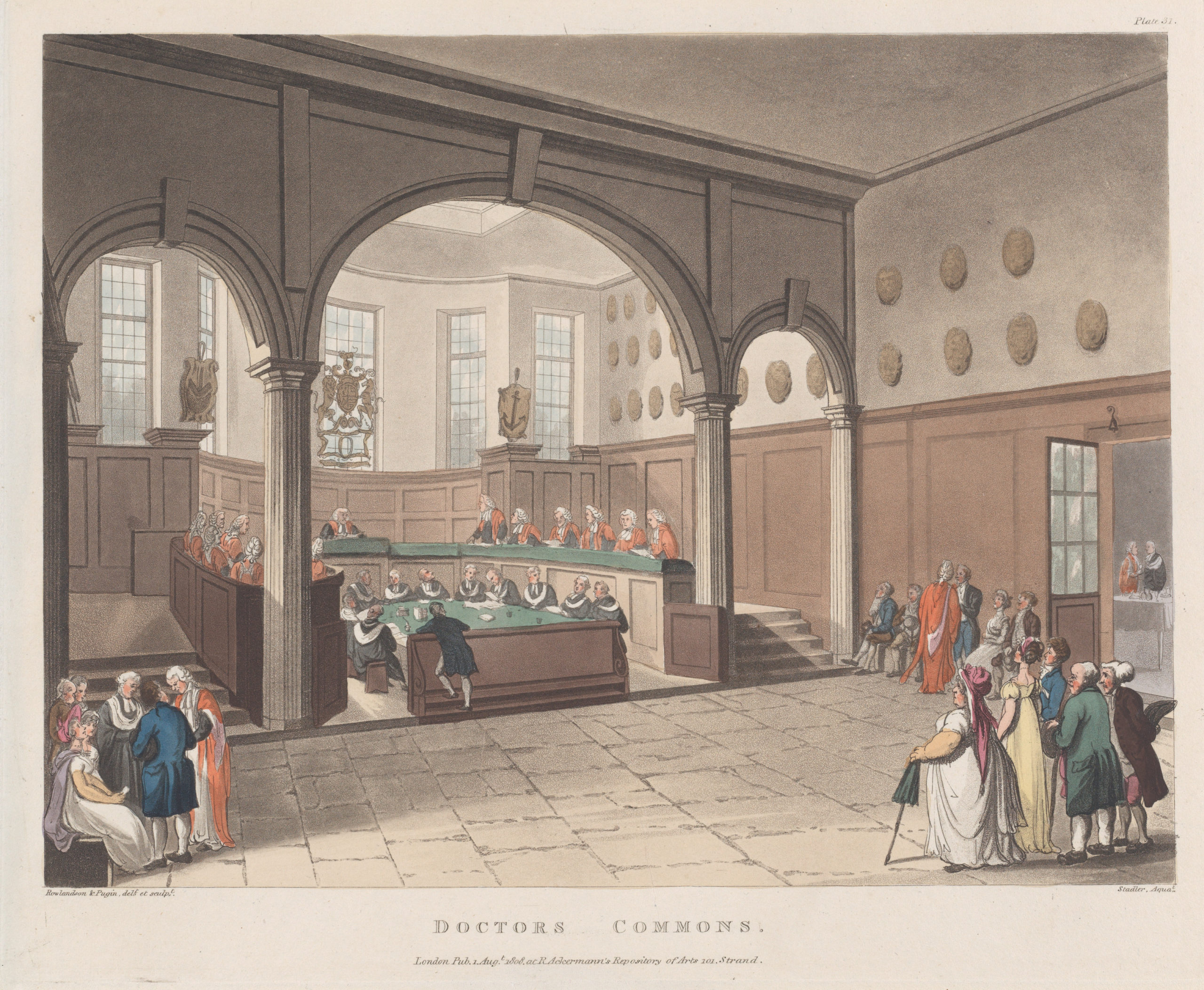
How Has COVID-19 Affected Research Funding, Publishing and Library Budgets?
How Has COVID-19 Affected Research Funding, Publishing and Library Budgets?
Global study of the effects of COVID-19 on research funding, publishing, and library budgets - the truth we found in the gap between perception and reality

Imposters and Impersonators in Preprints: How Do We Trust Authors in Open Science?
Preprints play a crucial role in open science but offer an opportunity to be gamed. Fictitious authorship in preprints show that open science needs checks and we need to collaborate to govern Open Science.

The Biggest Big Deal
The newly announced California/Elsevier transformative agreement will test the financial sustainability and the financial desirability of the multi-payer model.

Explaining the Rights Retention Strategy
Unpacking each word -- rights, retention, and strategy -- enables understanding what this policy is and how it functions within the Plan S compliance framework.

Publishers Still Don't Prioritize Researchers
Scholarly publishers still do not meet researchers' needs. Doing so would require that they rethink existing businesses and organizational models.

Historians in Historic Times
Will history judge? Reflections from historians about the intense relationship of past and present.

Transformative Agreements, Funders and the Publishing Ecosystem: a Lack of Focus on Equity
Transformative Agreements, Funders and the Publishing Ecosystem: a Lack of Focus on Equity

The Failure of the US Government to Fund Science Infrastructure is Causing Things to Literally Collapse
Journalism, Preprint Servers, and the Truth: Allocating Accountability - The Scholarly Kitchen
Journalism, Preprint Servers, and the Truth: Allocating Accountability - The Scholarly Kitchen

Guest Post - What We Can Learn from How Academics and the Public View Diversity, Inclusion, and Equity
Guest Post - What We Can Learn from How Academics and the Public View Diversity, Inclusion, and Equity
Susan Spilka analyzes a series of surveys from Emerald Publishing that asked both academics and the general public about the value of diversity, equity, and inclusion to society.

Are Publishers Learning from Their Mistakes?
Publishers have retracted more than 20 COVID-related papers. Are they learning from their mistakes and fixing process failures?
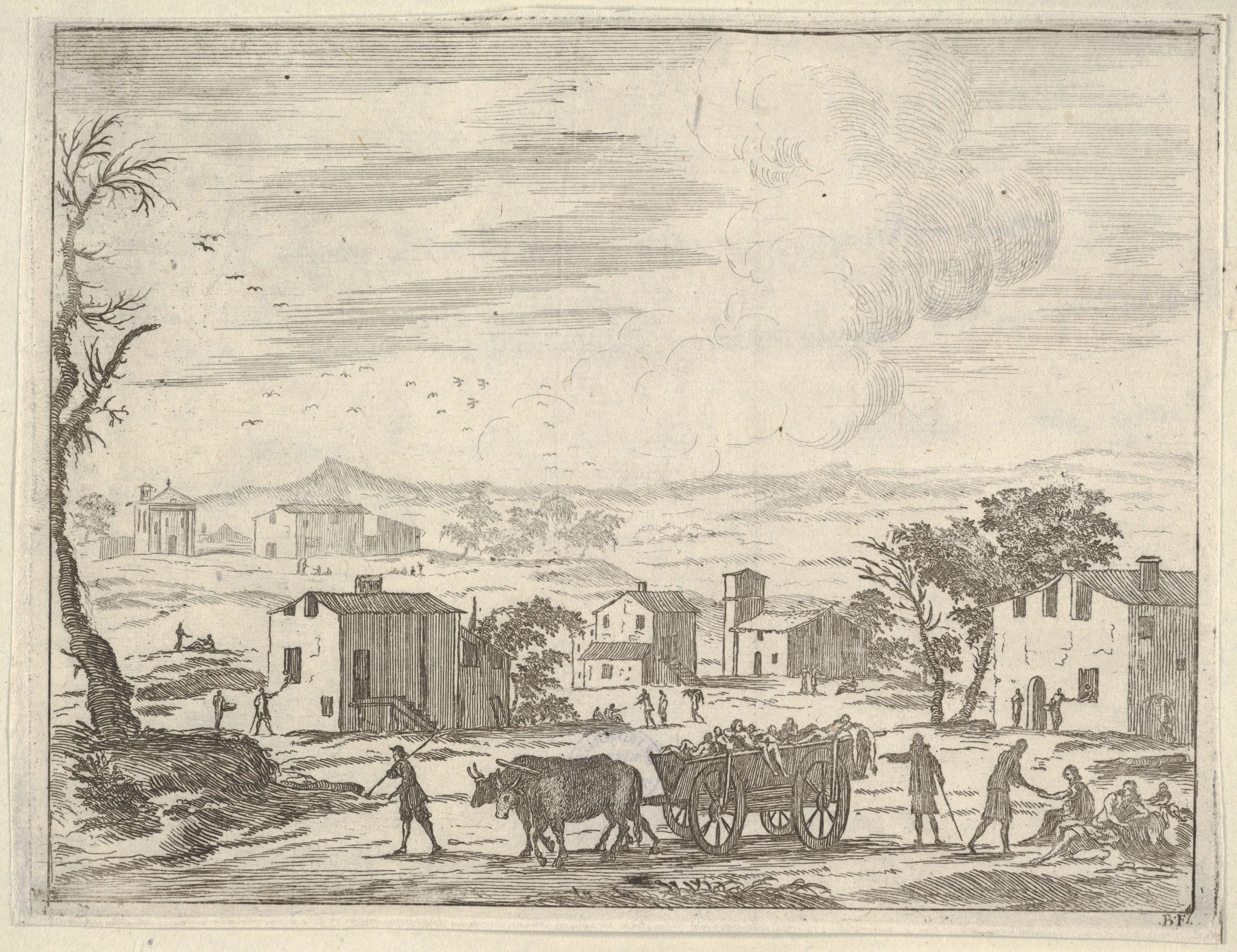
Ask The Chefs: Improving Trust in Peer Review
In support of #PeerRevWk20 theme #TrustInPeerReview, we asked the Chefs how trust in peer review could be improved. See what they said and add your thoughts!
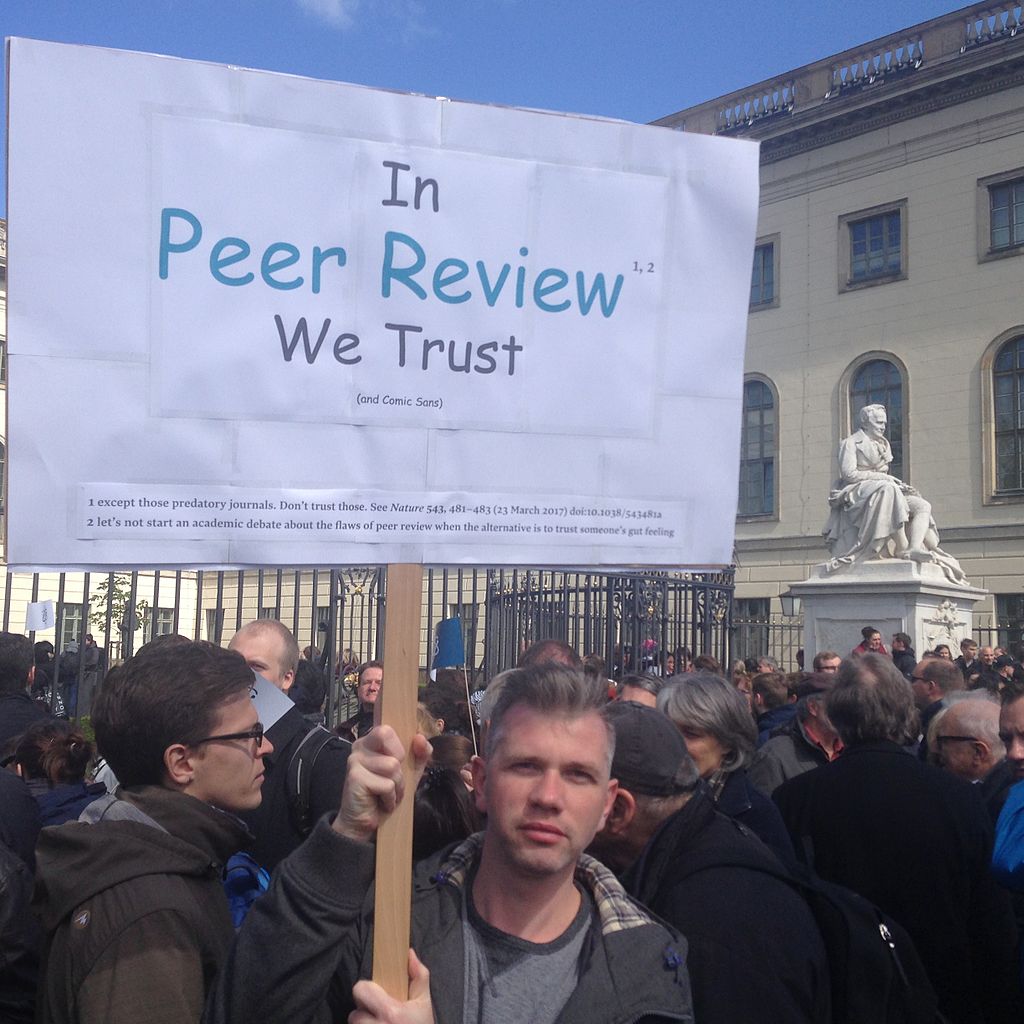
Articles Are the Fundamental Unit of Data Sharing - The Scholarly Kitchen
Articles Are the Fundamental Unit of Data Sharing - The Scholarly Kitchen
The FAIR principles answer the 'How' question for sharing research data, but we also need consensus on the 'What' question.

Beyond Publication - Increasing Opportunities For Recognizing All Research Contributions
Beyond Publication - Increasing Opportunities For Recognizing All Research Contributions
Recognizing the many ways that researchers (and others) contribute to science and scholarship has historically been challenging but we now have options, including CRediT and ORCID.

Two Steps Forward, One Step Back - The Pandemic's Impact on Open Access Progress
Two Steps Forward, One Step Back - The Pandemic's Impact on Open Access Progress
The COVID pandemic may leave us stuck between a growing consensus that open science is the superior way to drive progress and an inability to invest what may be needed to make it happen.

COAlition S's Rights Confiscation Strategy Continues - The Scholarly Kitchen
COAlition S's Rights Confiscation Strategy Continues - The Scholarly Kitchen
By calling its new policy a "Rights Retention Strategy," cOAlition S is engaging in doublespeak. This strategy actually does exactly the opposite of what it claims.
